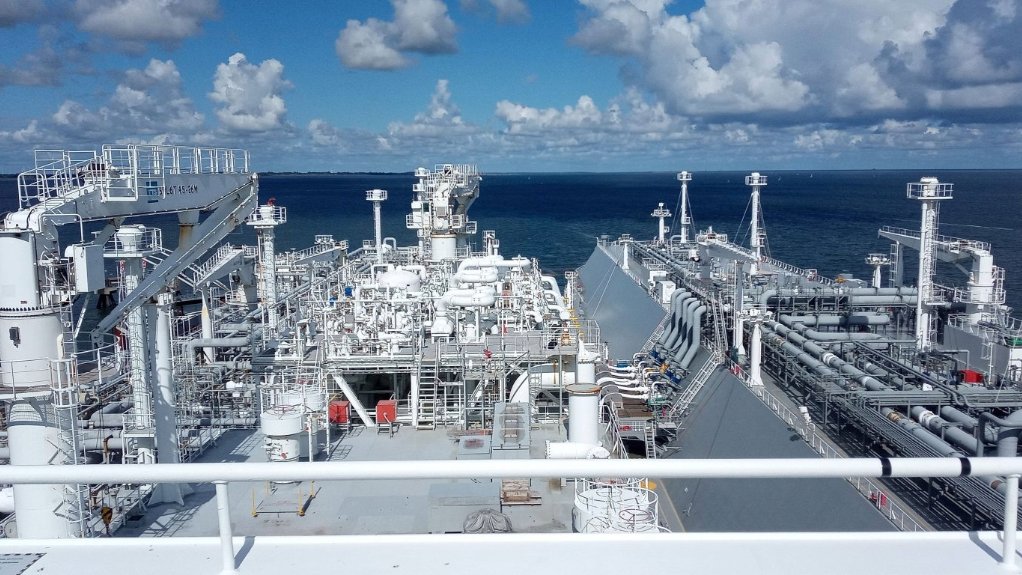
+27 (0)11 0461900
Private Bag X139 Halfway House 1685

West Africa’s sustainability journey is truly underway
By Obinna Uche, Sales Director, Power Systems Division at Schneider Electric Anglophone West Africa
West Africa is prioritising sustainability. In countries like Nigeria, we are seeing an increasing number of corporates taking those first important steps toward establishing a business built of sustainable practices.
This move focuses in particular on alleviating reliance on fossil fuels whilst aligning with government policies, regulation and the overall awareness of business’ impact on the environments.
Indeed, many companies are now establishing dedicated sustainability departments and hiring specialists to drive these initiatives.
Looking at some practical examples, Nigeria Liquefied Natural Gas company (NLNG) is accelerating the move of home cooking from kerosene and charcoal to cleaner fuels such as cooking gas. NLNG has committed to increase its domestic liquefied petroleum gas (LPG) supply to 450,000 million tons annually which is an increase of over 60 percent.
Furthermore, industrial use of natural gas, which has been limited by pipeline vandalism, is also being encouraged by ‘virtual pipelines’ through which gas is compressed or liquefied and transported to sites by road for regasification and use.
NLNG is transforming this space with three new agreements to supply 1.1 million tons of liquefied natural gas (LNG) to the domestic market, marking a significant shift from its previous export-only LNG supply market.
We’re also seeing organisations extending their sustainability effort to their employees. Some companies are providing soft loans to staff members to install solar systems in their homes, addressing the challenge of unstable power supply.
And there’s truly a bigger picture here, these initiatives not only contribute to the UN’s set SDG (sustainable development goals) but also improve employees’ quality of life.
Governmental policies on electric vehicles
West African governments are also taking significant steps toward sustainability. In Nigeria, the focus is on leveraging the country's abundant natural gas reserves to power vehicles, reducing dependence on more polluting fossil fuels. This approach is seen as an important step towards broader adoption of electric vehicles (EVs).
Granted, there are challenges such as the lack of charging infrastructure and power provision reliability but there are also prospects for cost savings backed by government support, adaptable manufacturers, and the potential for renewable energy utilisation.
Ghana is also making significant strides in this direction, with government investments also aimed at promoting EVs, particularly for heavy-duty applications. These policies are part of a broader strategy to reduce greenhouse gas (GHG) emissions and promote cleaner energy sources.
The current timeline for Ghana’s EV policy:
- 2024-2026 - this phase will be the Preparatory Phase. The key focus will be on addressing the challenges and barriers to EV uptake.
- 2027-2035 - ensuring a successful take-off and successful transition to EVs in Ghana. The target is that by the end of this phase, the EV penetration rate will be around 35%.
- 2036-2045 – during this phase efforts will be made to ensure that, by the year 2045, no new petrol or diesel vehicles will be sold or imported into Ghana.
Access to energy
Last but certainly not least, companies are increasingly engaging in ESG activities aimed at providing solar home systems to remote villages without access to grid electricity. These initiatives are often supported by grants from international organisations, further amplifying its impact.
Schneider Electric's Access to Energy ESG programme includes components that focus on providing solar solutions to less privileged communities. This approach not only addresses immediate energy needs but also empowers these communities to pursue economic activities that require reliable power.
Our Access to Energy programme also includes various commercial solutions such as mobile solar systems and inverter systems that can power homes and small businesses. These products are not only affordable but also designed to meet the specific needs of the local population, making a significant impact on their quality of life.
In addition to providing energy solutions, Schneider Electric is also driving automation and digitisation across industries. By implementing advanced technologies, we’re helping organisations reduce energy wastage and improve efficiency.





